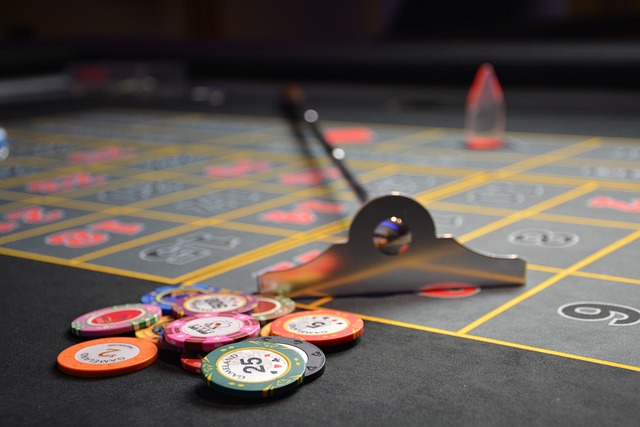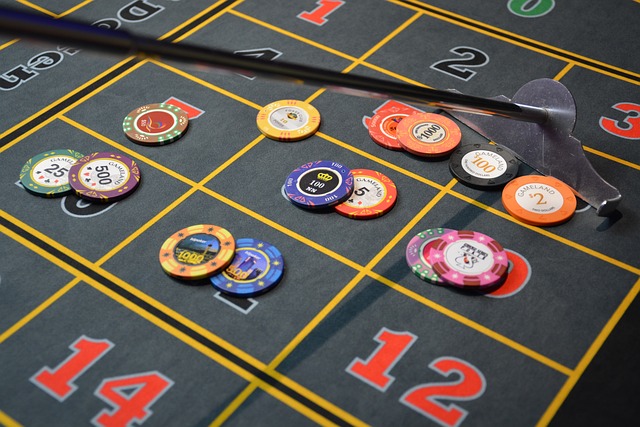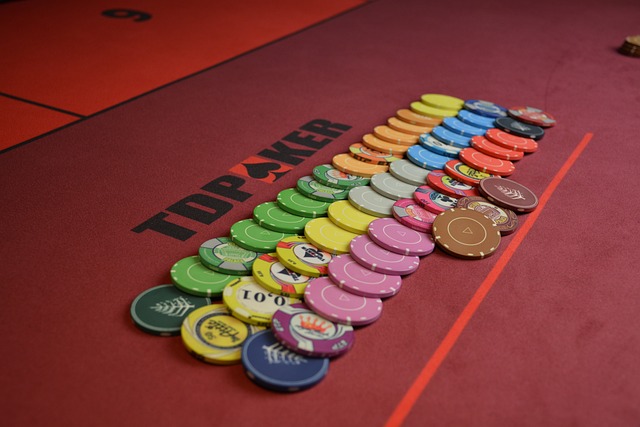Casinos, both online and offline, are no longer just about spinning reels or placing chips. They’ve evolved into full-fledged entertainment platforms that use gamification techniques to keep players engaged, motivated, and coming back for more. By incorporating elements from video games and reward systems, casinos tap into players’ psychological triggers—creating a more immersive and addictive experience.
Gamification isn’t just about fun—it’s a calculated strategy to boost retention, player loyalty, and time spent playing. Let’s explore the key ways casinos gamify your experience and how it affects your behavior.
Missions and Daily Challenges
One of the most common gamification tools in modern casinos is the use of missions, tasks, and daily challenges. Rather than simply placing bets or spinning slots, players are encouraged to complete specific goals such as:
- Spin a certain number of times on a featured game
- Win five hands of blackjack
- Try five different slot machines in a session
- Bet a set amount within a time frame
These missions are designed to increase engagement by offering mini-objectives that provide a sense of progress and achievement. They keep players focused, introduce them to new games, and often reward them with bonus spins, cashback, or loyalty points.
By making players feel like they’re working toward something, casinos enhance the illusion of control and purpose—powerful motivators in both gaming and gambling.
Levels, Progress Bars, and Player Rankings
Many online casinos now include progress bars and leveling systems that mirror the experience points found in video games. As players bet, they “level up” through tiers such as Bronze, Silver, Gold, and Platinum.
These visual indicators of progress serve several functions:
- Encourage continued play to reach the next tier
- Offer incremental rewards like better bonuses or higher cashback
- Create a feeling of status or exclusivity at higher levels
In some cases, casinos also include leaderboards, ranking players based on wins, spins, or participation in tournaments. The competitive element not only adds excitement but also plays into a player’s social drive to outperform others—a powerful incentive for many.
Collectibles and Unlockable Content

Incorporating collectible mechanics is another way casinos enhance engagement. Some platforms allow users to collect cards, tokens, or badges for completing specific tasks or reaching milestones.
These collectibles may unlock:
- Special bonus games
- Exclusive tournaments
- Enhanced rewards or VIP status
- Seasonal or event-based surprises
This approach gives players a sense of ownership and progression beyond simple wagering, transforming the casino experience into a game-like journey with long-term goals and achievements.
Storylines and Themed Worlds
A growing number of online casinos offer story-driven experiences or themed environments. For example, a casino might present a fantasy world where each game is a different “quest,” or frame a tournament as a battle between factions.
This form of immersive storytelling:
- Encourages players to spend more time in the platform
- Enhances emotional attachment to the casino “brand”
- Differentiates one site from competitors by adding personality and lore
By making the platform feel like a living, evolving world, casinos keep users curious, engaged, and motivated to explore further.
Loyalty Programs as Game Mechanics
Casino loyalty programs are perhaps the most established form of gamification. These systems reward consistent play with:
- Comp points
- Cashback offers
- Free spins or bets
- Access to exclusive promotions
- Personalized VIP services
The more players bet, the more they earn—mirroring the “grind” mechanic in many video games. Advanced loyalty programs also include status levels, milestones, and limited-time boosts, ensuring there’s always a new incentive to continue playing.
Gamifying loyalty encourages long-term investment and minimizes the appeal of switching platforms, which is exactly what operators aim for.
In-Game Feedback and Rewards

Even the gameplay itself is often gamified. Slot machines now feature:
- Mini-games and bonus rounds that simulate arcade experiences
- Real-time feedback like flashing visuals and sound cues for small wins
- Cascading reel mechanics, multipliers, and unlockable features
- Random prize drops or “pick-a-box” games
All of these keep players emotionally engaged and create the illusion of frequent success, even if the actual value of wins is low.
Casino designers carefully craft these elements to trigger dopamine responses, tapping into the same neurological feedback loops used by mobile games and social media.
Tournaments and Time-Limited Events
Time pressure is another gamification tool. Many casinos run daily, weekly, or seasonal tournaments, challenging players to climb leaderboards within a limited timeframe.
These competitions:
- Drive urgency and frequent return visits
- Promote specific games or betting behaviors
- Offer rare or high-value rewards to winners
Time-limited events also create a fear of missing out (FOMO), nudging players to act quickly and play more frequentlyto seize the opportunity.
Final Thoughts
Gamification in casinos is not just a trend—it’s a strategic evolution designed to maximize engagement, spending, and player loyalty. From missions and collectibles to tournaments and narrative experiences, these mechanics make gambling feel less like pure chance and more like progress.
For players, it’s essential to recognize these elements for what they are: tools engineered to extend play and increase emotional investment. While gamification can make the experience more entertaining, staying aware of its psychological pull is key to maintaining control and playing responsibly.
In the end, understanding how casinos gamify your experience allows you to enjoy the entertainment—without falling into the trap of compulsive play.
